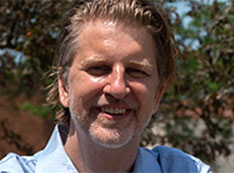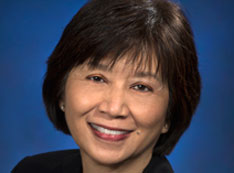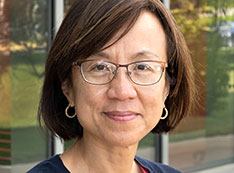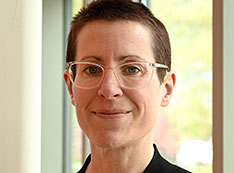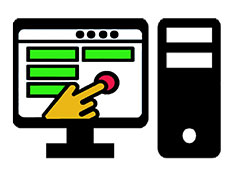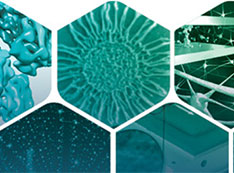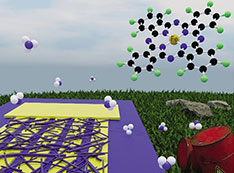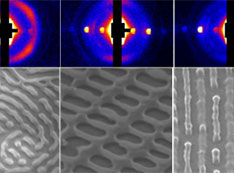A Message from Chuck Black
insights from the CFN Director
May 17, 2023
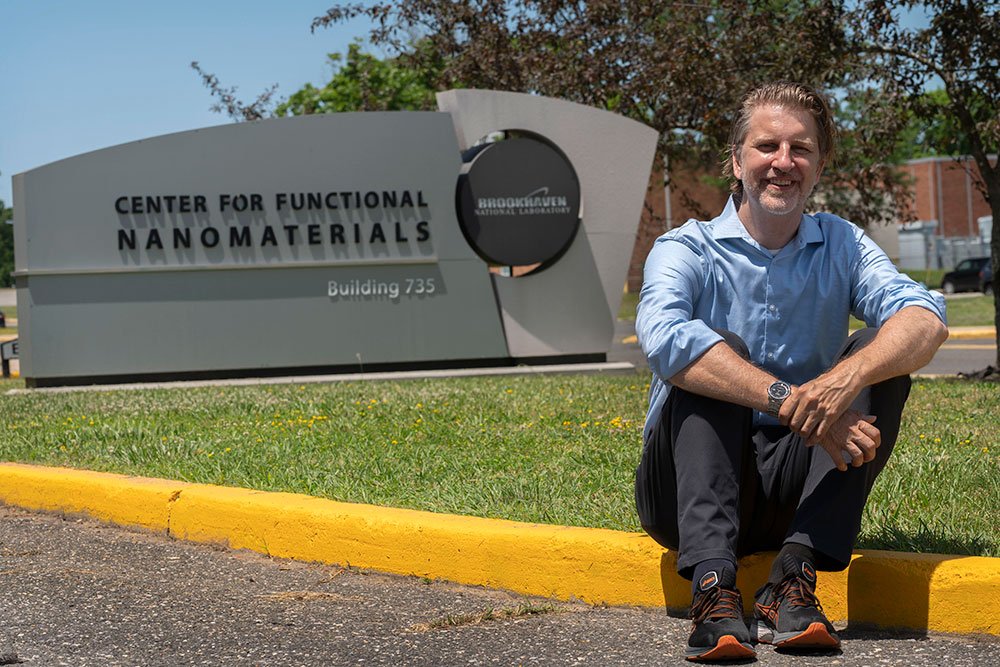
Chuck Black
I’ll be honest. For me, this year’s CFN, NSLS-II, & LBMS Users’ Meeting felt slightly bittersweet. Of course, I’m always energized to participate in scientific discussions and learn about the latest exciting research. For our meeting held remotely in April, we gathered more than 750 registered attendees from over 300 institutions. Don’t get me wrong—our Users’ Meeting was excellent! If you’re like me though, you may be a little tired of attending meetings on your computer—especially scientific ones. Something's missing when we don't interact in person, isn't it?
I've been thinking about the importance of community as I was reflecting on the past year, during which the CFN supported 640 users—our most ever in a single year. This largest-ever CFN user population was also largely happy with the overall performance of our facility, with survey satisfaction levels above 90%. By all accounts, it was a great year!
However, I've been surprised to find myself wondering: “Why doesn’t 2022 feel like it was a great year?” Even though it was.
I think the reason my feelings contrast with the numbers comes from the sense I get walking around the CFN facility. Our hallways are too empty and quiet. The scientific interaction spaces feel under-used, although it's heartening to see them more occupied this spring. And in the labs, I frequently see people working alone.
"Why do those things matter?" I’ve been asking myself. “It’s not necessarily bad for people to work on their own, right?”
I've been realizing that maybe it is. Isolation keeps us from being at our best. At the CFN, even with our state-of-the-art instrumentation, highly talented staff members, and accomplished users, our most powerful resource is our culture of working together.
We all implicitly know that relationships are good for us. We’re happy to spend time with our family and friends—the people who care about us. But our communities and relationships aren't only about bringing us joy when we’re happy, they also keep us from sinking too low when we’re down. In our lives, filled with ups and downs, successes and failures, we all need people to help us from time to time.
And in our careers in science, we have all experienced the reassurance of having strong support when navigating setbacks. Let's face it, doing science is hard!
Doing science means struggling with difficult concepts. Encountering experiments and calculations that don't work the way we think they should. Puzzling over data that we don’t understand. Having our instruments break, our journal submissions get rejected, and our proposals not funded.
These things can be painful, because nobody likes to lose. Losing hurts!
Even worse, losing makes us less resilient. The author, runner, and coach Steve Magness writes that "when we lose, we become apprehensive, anxious, and more fearful to take on the next challenge." That's a problem, because in science we lose all the time. It’s part of the job. We need to stay optimistic after the many inevitable setbacks so that we can keep pushing our research forward.
Fortunately, Magness also has good thoughts on how to "lose well"—that is, how to bounce back. Losing well is a skill we can practice, like any other, and some of the keys to resiliency depend on our relationships.
Magness writes that an important part of overcoming a setback is talking through the experience with people who are supportive and non-threatening. We can use our professional relationships to help us get past the losing and back to our work. We've all done this sort of thing before. Maybe you have a trusted colleague with whom you can decompress after unpleasant news. "I can't believe what this reviewer said about my manuscript submission!" or "I'm so upset that I was all ready to do my experiment, and my instrument broke!" These conversations are an important part of the process of getting on with our work, and we can’t have them by ourselves.
Secondly, and especially after very difficult failures, we should remember that none of us is solely defined by being a scientist. We're all people with many different roles in our lives. We're parents, teachers, mentors, and friends. We all have diverse talents, and many interests. We're not just science robots—we're human beings. An important part of rebounding strongly from our setbacks may involve taking a short break and spending time in one of our other roles. It seems counterintuitive, but taking a day completely away from science may be a step in the way to doing our best work.
We're excited to help CFN users achieve your highest nanoscience research aspirations, so bring your best ideas! Come visit the CFN, find a colleague, and let’s talk about it. Let's keep working together to make a difference.
— Dr. Charles Black
Director and Senior Scientist
Center for Functional Nanomaterials
Brookhaven National Laboratory
2023-21272 | INT/EXT | Newsroom




